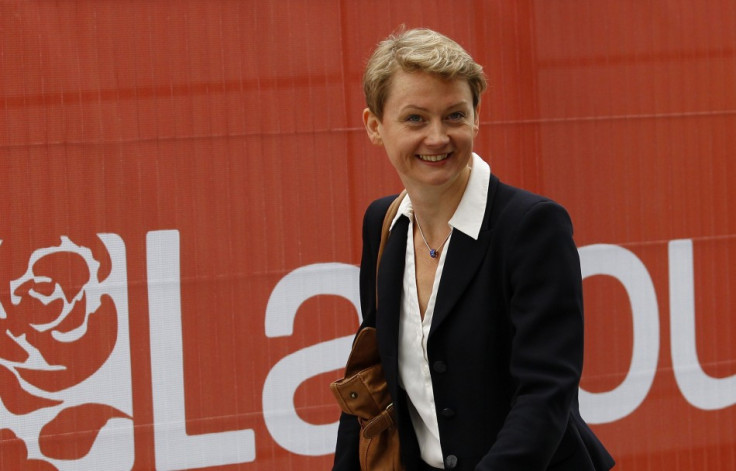David Cameron Has Made Tories the Nasty Party Again Says Yvette Cooper

The Labour Party's shadow home secretary Yvette Cooper has sought to distance her party from the ongoing row over the appointment of Reverend Paul Flowers - "the Crystal Methodist" - by accusing the Conservative Party of dirty tricks.
"It is a return to the nasty party," she told the BBC's Andrew Marr, "I don't think John Major would ever have done this, I don't think Margaret Thatcher would have done this. They've a different style of politics, this is David Cameron's approach."
Cooper, whose husband Ed Balls received £50,000 towards his office from the Co-op group, rejected claims the party might be in financial peril if it declined funds from the group. Her colleague Alistair Darling, who was chancellor when the Co-op and Britannia merged, claimed an inquiry into the financial black hole at the Co-op might not be independent, saying it needed "to look at the facts of the case, rather than politics that seems to be driving things".
Flowers, 63, has been released on bail after being questioned by West Yorkshire Police over his involvement in a drug supply investigation involving cocaine and crystal meth. Lurid details have since emerged about Flowers resigning as a councillor in Bradford in 2011 after porn was found on his computer. A £1.5 billion 'black hole' was identified in the Co-op bank's finances in May 2013 and Flowers stepped down as chairman in June.
Despite Labour's travails, the "nasty party" label still resonates with the Tories. The term was first used back in 2002 by then chairwoman Theresa May at a Conservative Party conference in which she was asked to explain why the party failed to connect with some marginal groups: "There's a lot we need to do in this party of ours. Our base is too narrow and so, occasionally, are our sympathies," she said. "You know what some people call us - the Nasty Party."
Since then the Tories have updated their image, not least in electing the gay-friendly David Cameron, but as the coalition government attempts to tackle the deficit by slashing benefits and introducing controversial legislation such as the so-called "bedroom tax", modernisers fear Cooper's phrase evokes an image they will never shake off.
© Copyright IBTimes 2025. All rights reserved.






















